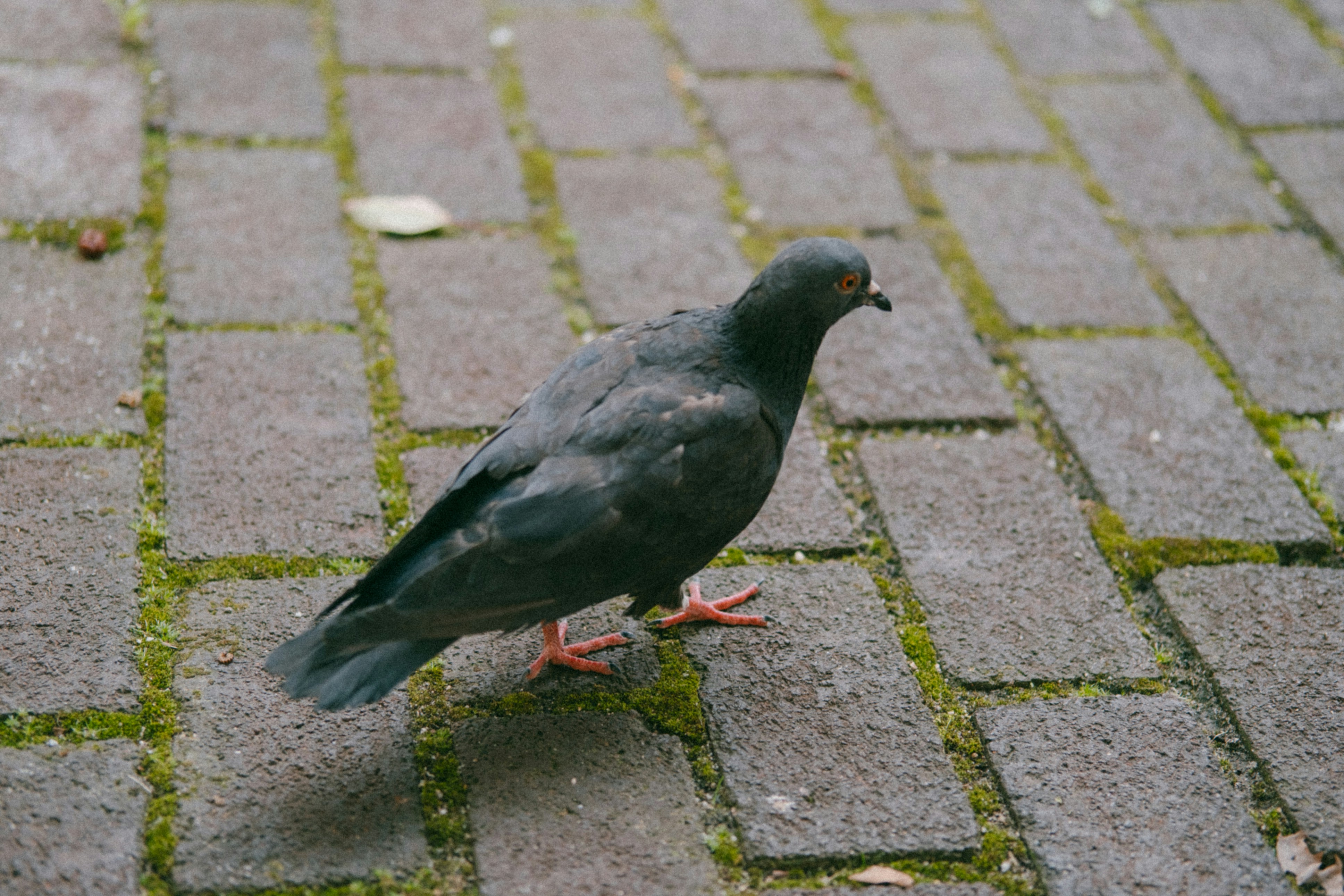
Understanding the Health Risks
The presence of pigeon droppings in urban environments, particularly in the bustling city of Delhi, poses serious health risks that must not be overlooked. According to recent findings presented by the National Green Tribunal (NGT), the accumulation of these droppings in public spaces can lead to severe lung diseases. This alarming situation has spurred action from the Delhi government, urging the need for immediate measures to mitigate the risks.
The NGT’s Intervention
The National Green Tribunal has raised a critical notice, calling for the Delhi government to address the mounting health hazards linked to these pesky pests. Pigeon waste can contain harmful pathogens that, when inhaled or contacted, may result in a variety of respiratory illnesses. In their report, the tribunal highlighted the urgency of the situation, setting a response deadline for October 8, 2025, to ensure a comprehensive plan is put in place.
Moving Forward: Prevention and Action
As the NGT reviews ongoing cases related to pigeon droppings, it is essential for Delhi residents to be aware of the potential dangers. Efforts must be made to clean public areas and reduce the pigeon population through humane measures. Community involvement, such as awareness campaigns, can significantly contribute to addressing this issue. Ultimately, the collaboration between the Delhi government and residents will be crucial in reducing the health risks posed by pigeons in urban settings.
Discover more from Techtales
Subscribe to get the latest posts sent to your email.